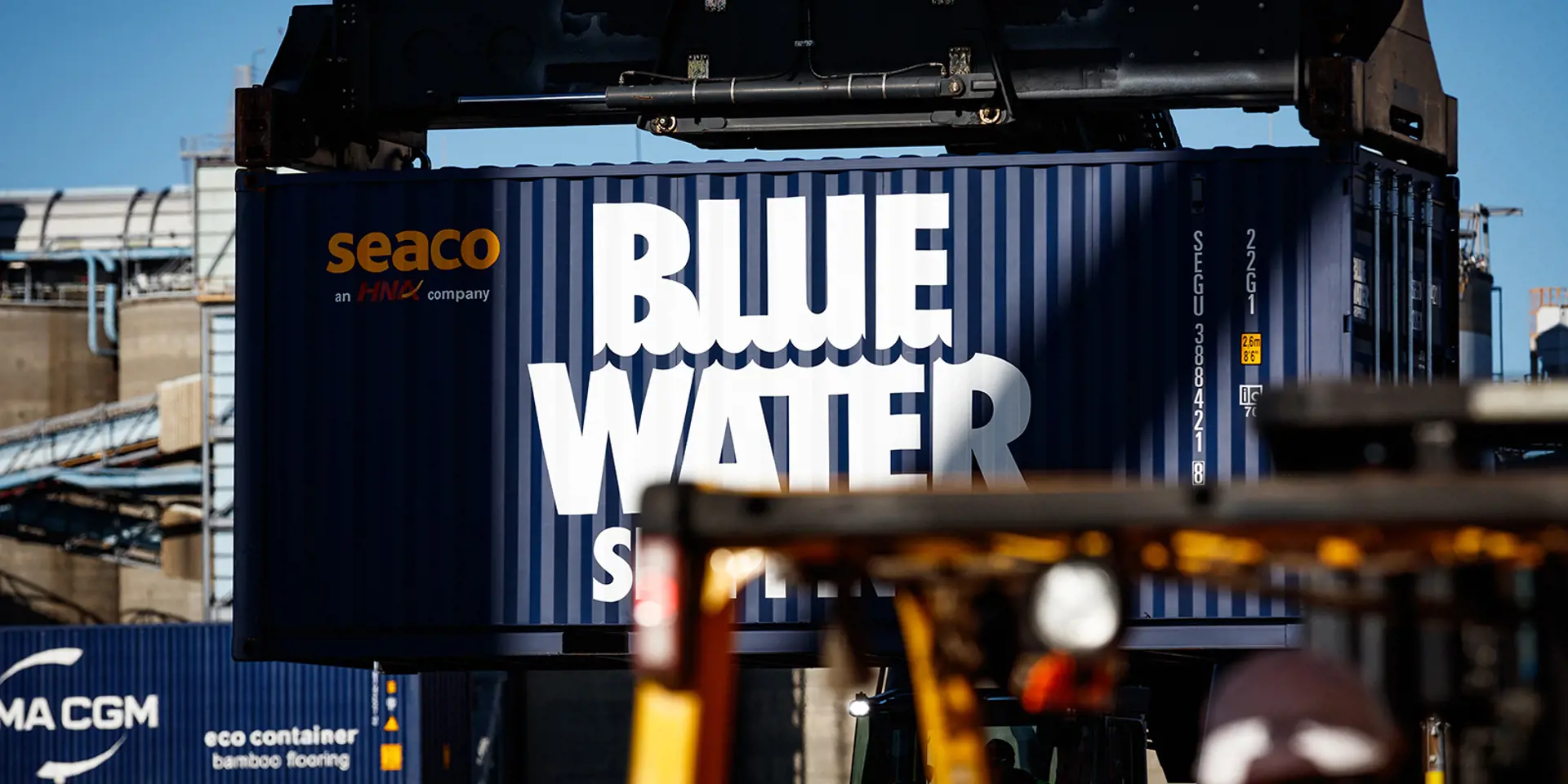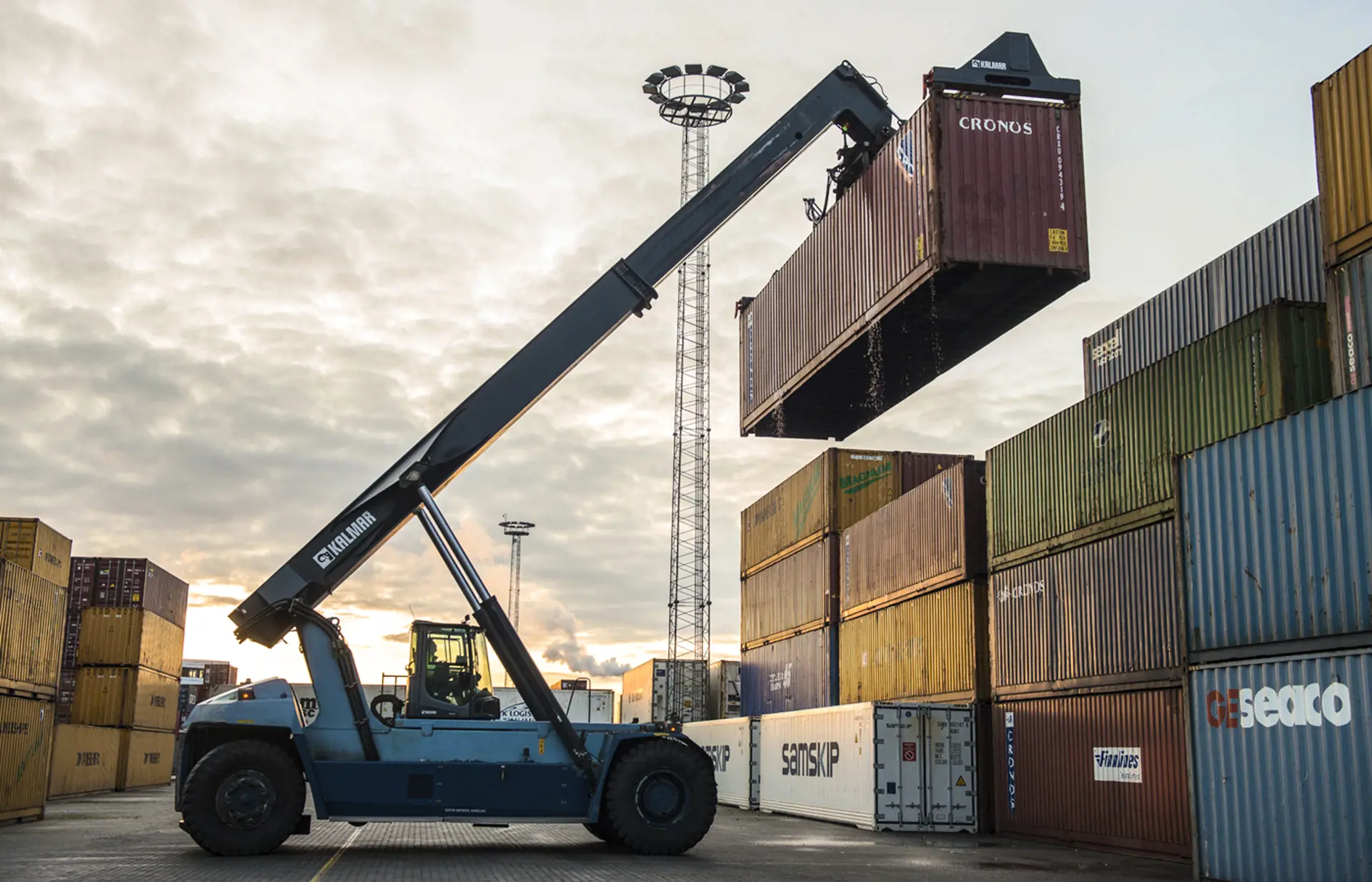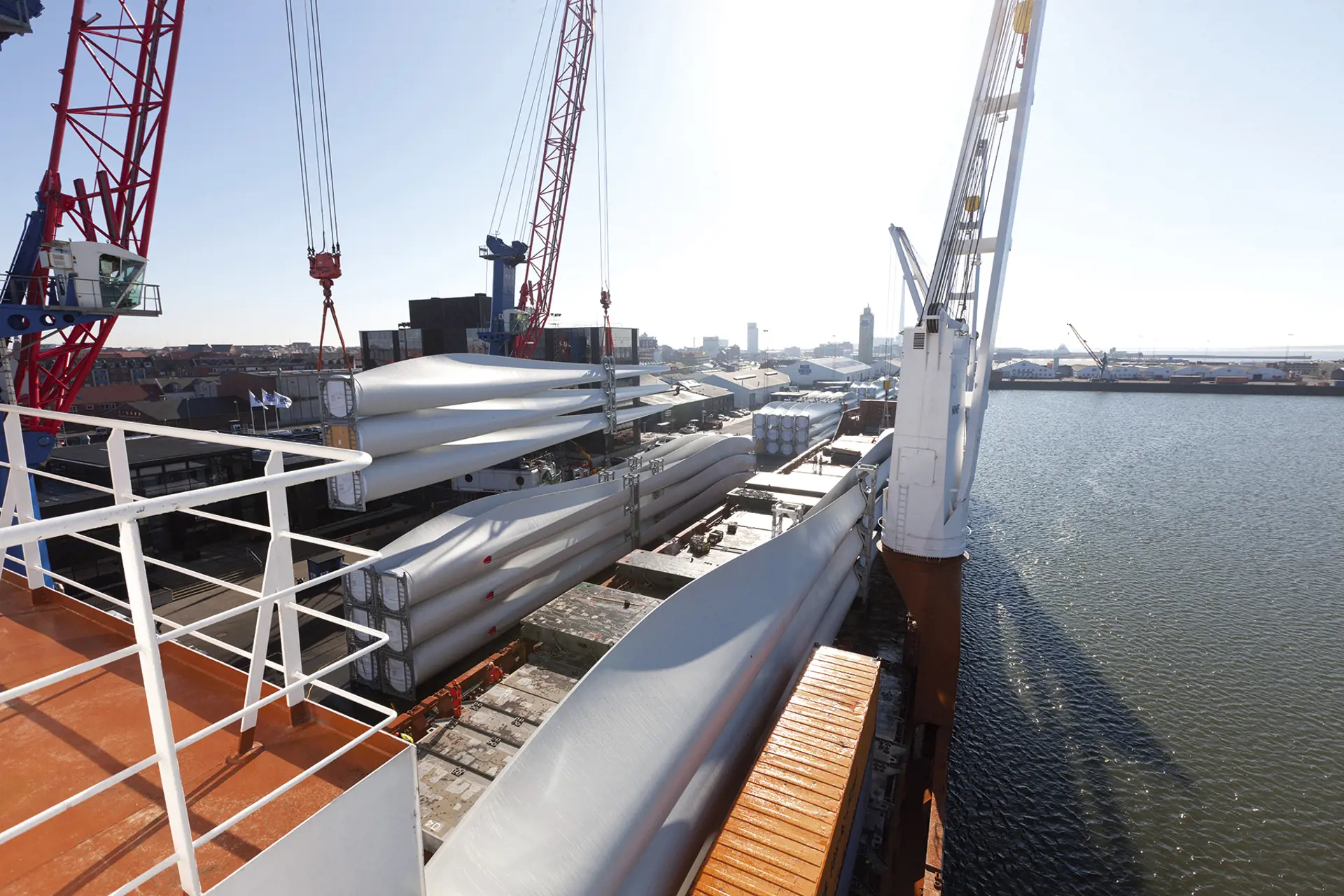Advantages and disadvantages of FCL
Advantages of FCL? FCL shipments have a faster transit time than LCL shipments. This is caused by the fact that the container only holds goods from one company. This also offers advantages when loading the container with goods from the company, as this can be done directly from the company's own warehouse, which means you can also have a say in how the goods are loaded. Furthermore, when the ship arrives at the destination, you will have the goods available sooner. With FCL transport, you also achieve a high level of control as the container only holds the company's own goods, which will minimise the risk of damage.
Disadvantages of FCL? A disadvantage of using FCL shipments is that it is a more expensive solution. As the container only holds goods from one company, the company is also responsible for all shipping costs, which can make the solution more expensive. Another disadvantage is that during high season/peak periods, it can be more difficult to book a full container compared to LCL.
Advantages and disadvantages of LCL
Advantages of LCL? With LCL shipping, you only pay for the part of the container that your goods occupy, which means that the solution is cheaper than if you have to pay for an entire container on your own - as with FCL. On the other side, there are fewer costs related to the solution. It is also better if your business does not ship large quantities of goods at a time. In this case, you can use the container solution regardless of the amount of goods, while not having to wait for a full container to fill up. In addition, during high season/peak periods, it is easier to book an LCL shipment than to book an entire container.
Disadvantages of LCL? A disadvantage of LCL shipments is that the transit time is longer than FCL. This is because the container holds goods from different companies. Therefore, there is a risk that the other goods may have to be picked up or delivered at other ports. In addition, not knowing what type of goods the container holds can be a disadvantage when it comes to controlling the goods. Both factors can cause delays. With LCL shipments, you therefore have less control over the shipment.
Should I choose FCL or LCL?
The choice of sea freight solution is relatively simple considering that FCL and LCL are determined by the volume of the cargo. The size of the goods is the deciding factor in the choice. If your cargo cannot fill an entire container, your ideal solution is shipping with LCL - however, if you have large amounts of cargo and can fill the container yourself, FCL is the best solution. The decision must also be considered from a financial perspective.
When should I choose FCL?
When should I choose LCL?





